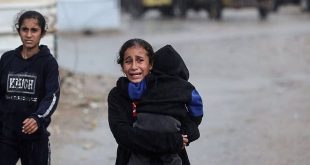The right to practice religion is a universal one that extends to every inhabitant of the world. In Pakistan, however, this right is frequently violated, as religious minorities face social, political and economic marginalisation on a daily basis, and the enforcement of harsh and archaic blasphemy laws allow state persecution. As such, events that have created deep divisions within Pakistan’s complex religious landscape are increasingly being manifested in outbursts of violence.
Pakistan’s Shia community, despite its formidable size and advanced level of integration, is one of the primary victims of this phenomenon. A set of very particular circumstances –wrought by domestic and global political trends, current and historic –have created an environment where Shia Muslims have had all sense of security fundamentally undermined, with anti-Shia attacks and intimidation by violent extremists fast becoming a social norm.
The following report seeks to explicate this understudied issue, by exploring its origins, causes and practicalities. It also offers an understanding of why the persecution of the Shia can be classified as genocide, as well as recommendations on what action needs to be urgently taken by the Pakistani government, local and international NGOs, the United Nations and the international community in order to address the grievous concerns it raises.
 Ijtihad Network Being Wise and Faithful Muslim in the Contemporary World
Ijtihad Network Being Wise and Faithful Muslim in the Contemporary World

